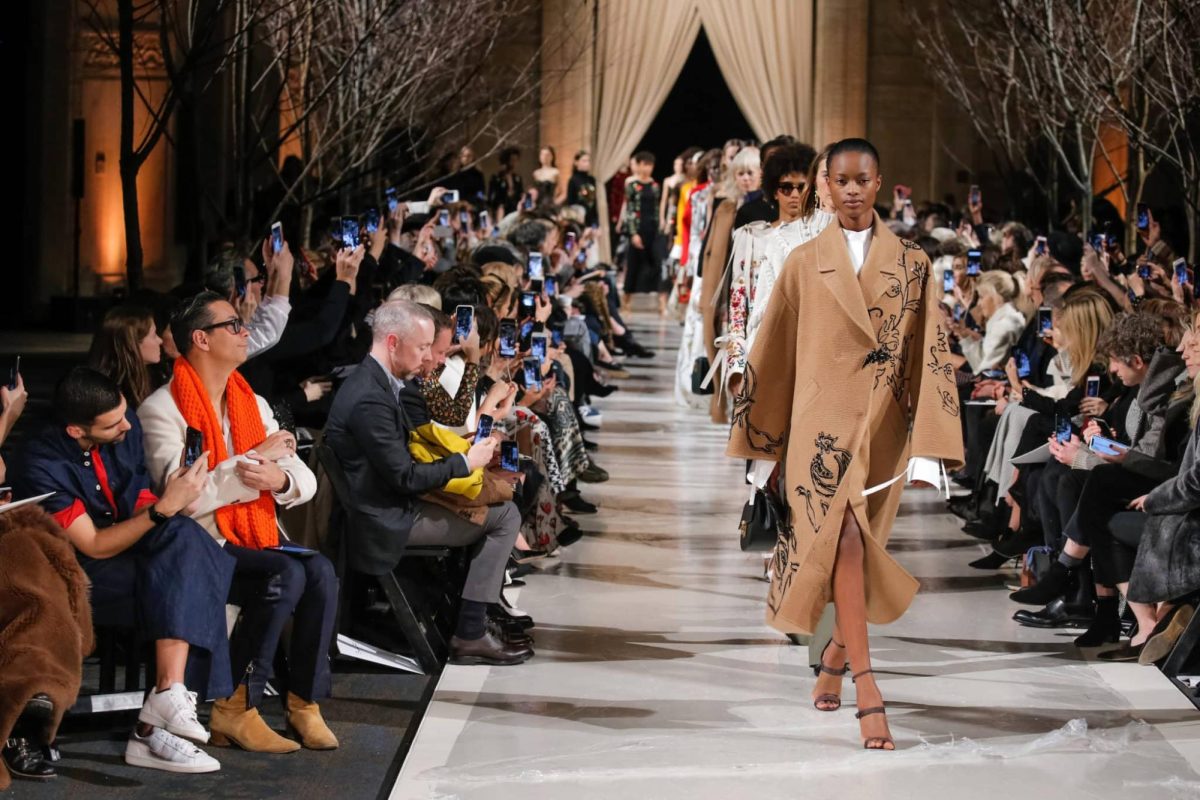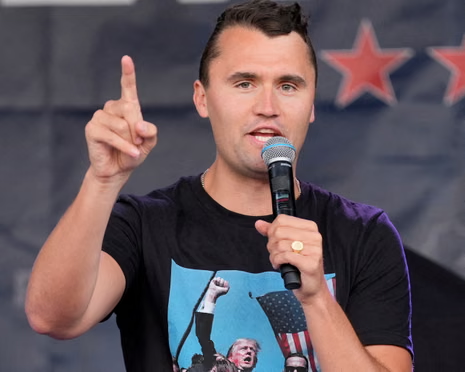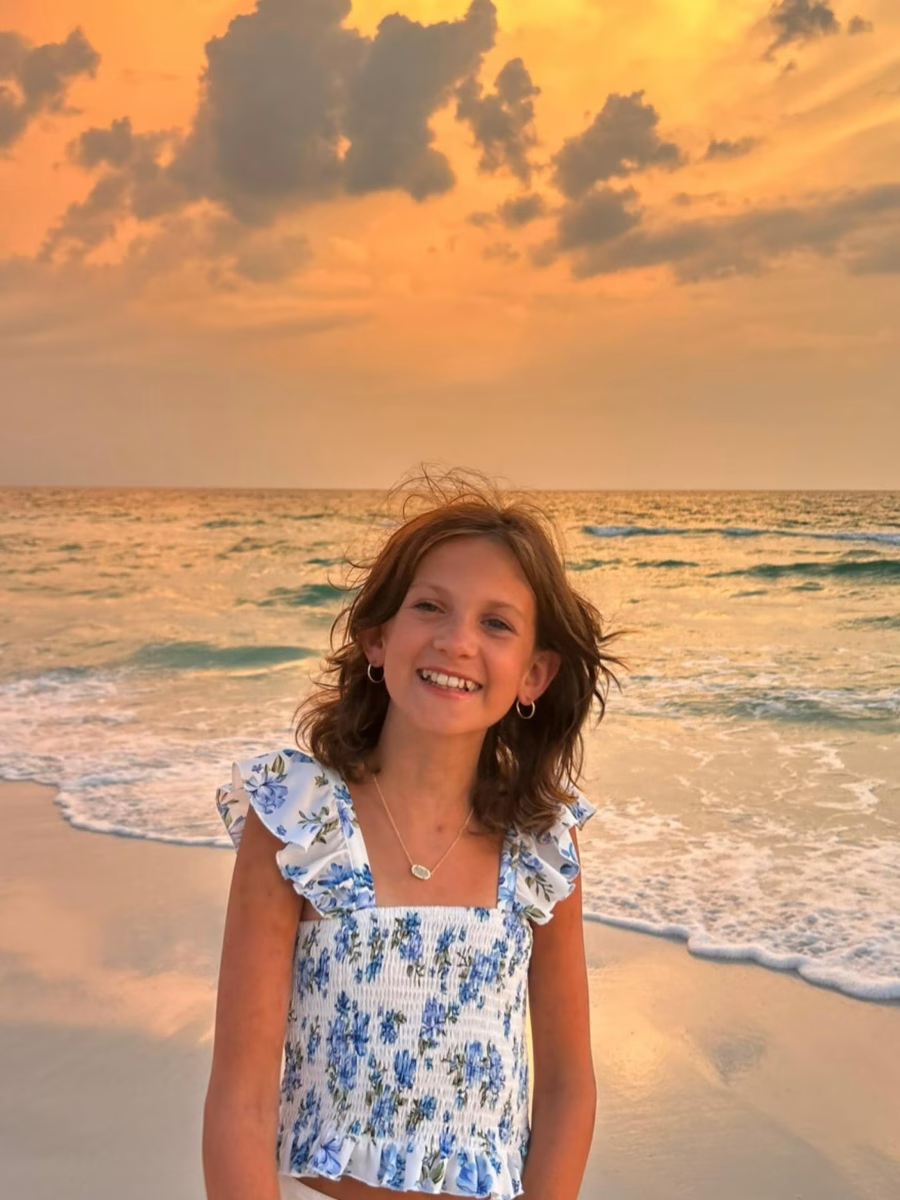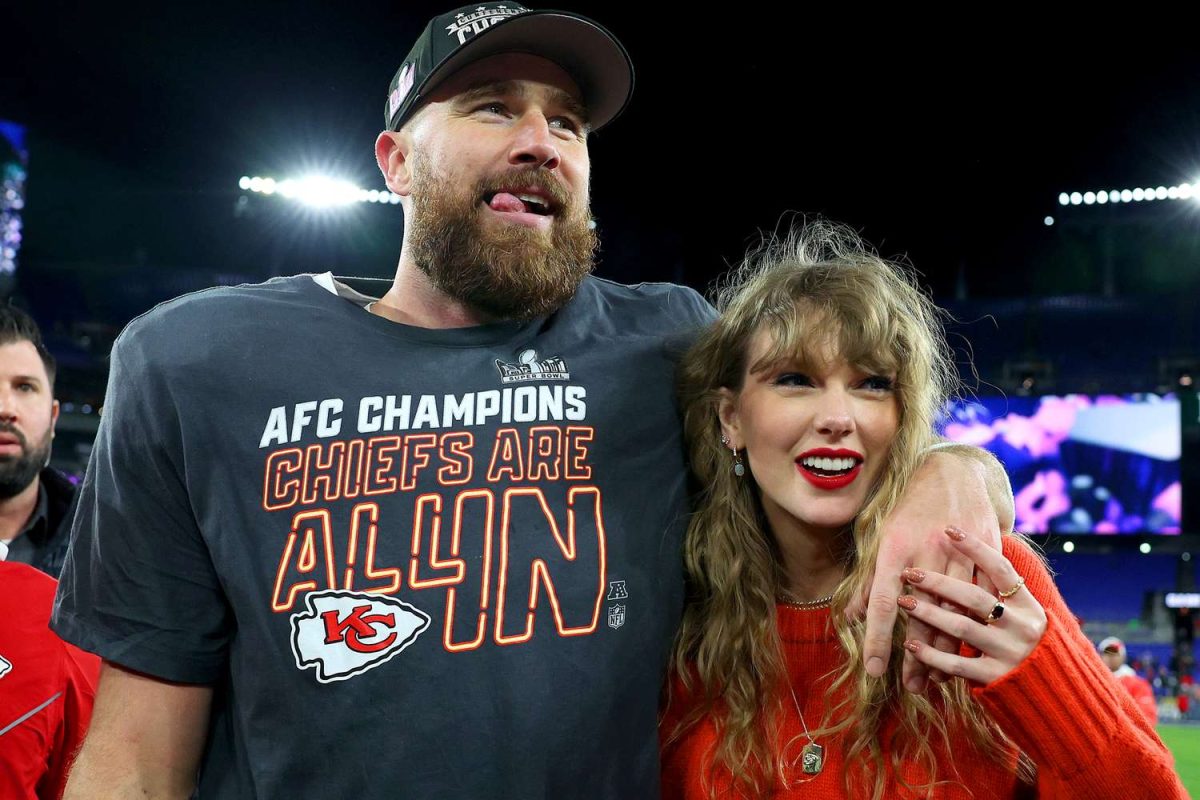Throughout my nearly 14 years here at Agnes Irwin, I’ve been quick to set myself apart. I took in the shame that I felt pushed upon me by others for my race, religion, and sexuality, and rather than attempting to conform to their standards I chose to stand out. Doing so has made me feel happier, safer, and more willing to speak up about issues that I feel need to change. However it is important to remember that standing out does not necessarily mean standing alone—without the support of fellow students of color, non-Christian students, LGBTQ+ students, and incredible allies, I would likely not have made it this far in this school. This is why UNITY is so special to me: it is a place for everyone, where it is understood that all struggles are not equal in magnitude, but they are all equal in importance. Though not every marginalized group can or should be pushed together, by learning and understanding the ways our communities intersect, both positively and negatively, to create a larger group of “other,” we are able to come together to further each other’s causes. The idea of there being strength in numbers is especially important at a small predominantly white institution (PWI) like Agnes Irwin.
Proper allyship is just as important as strength within minority communities, and just as much a part of UNITY’s mission. Though progress is both possible and necessary with or without allies, not having them makes the fight much more daunting. Over the years, I’ve noticed that the friends of mine whom I consider to be real allies are not scared of my anger. They don’t shy away from it, but they don’t try to claim it as their own. They understand that it is their responsibility to prevent those like them from taking certain actions to which the rest of us might react, in order to preserve our energy and wellbeing. The fact of the matter is that action begets reaction. Though we’ve made it out to seem that it is the responsibility of the minority to control their reaction (which has managed to work up to here), we ignore that the majority is the group that controls the action. The principle is simple: you show strength and resilience in action, I show strength and resilience in reaction.
At Agnes Irwin, we are a community: not homogenous, but connected nonetheless. We should never seek to erase certain groups in favor of turning the student body into a monotonously collaborative unit, but rather we must understand intersectionality and the ways in which we can further the interests of all minority groups at the school. To do so, however, we also cannot be entirely divided on lines of race, religion, gender, or sexuality. White, Christian, cishet students are not the enemy of minorities unless they make themselves so, and it is incredibly easy not to be an enemy. By reading, listening, and constantly taking action, any student can be an ally. Allyship is not just being friends with Black students or Jewish students. It is not reading books written by white people for white people, and it is not attending nonblack-majority protests about Black issues where nonblack people speak the whole time. You cannot pick and choose when you want to be an ally; allyship is a total commitment. Through organizing (including joining groups like UNITY and helping plan events), helping each other, and building strong allies, Agnes Irwin can become a real community—the type of place I wish I had come to when I was four years old. And I see this possibility on the horizon.







